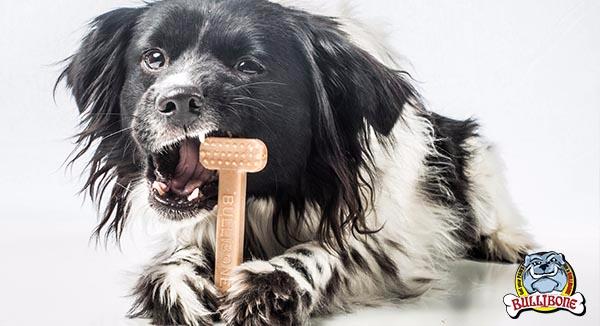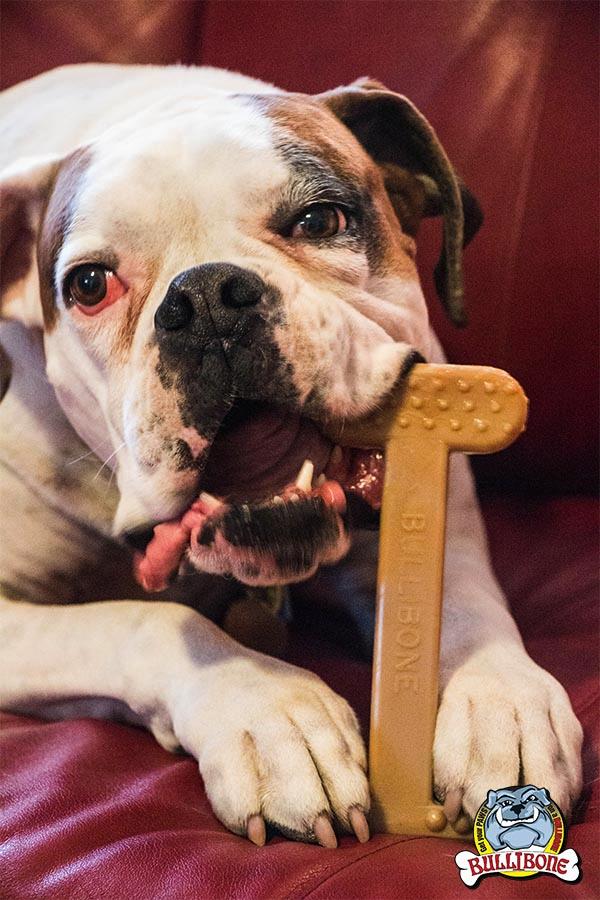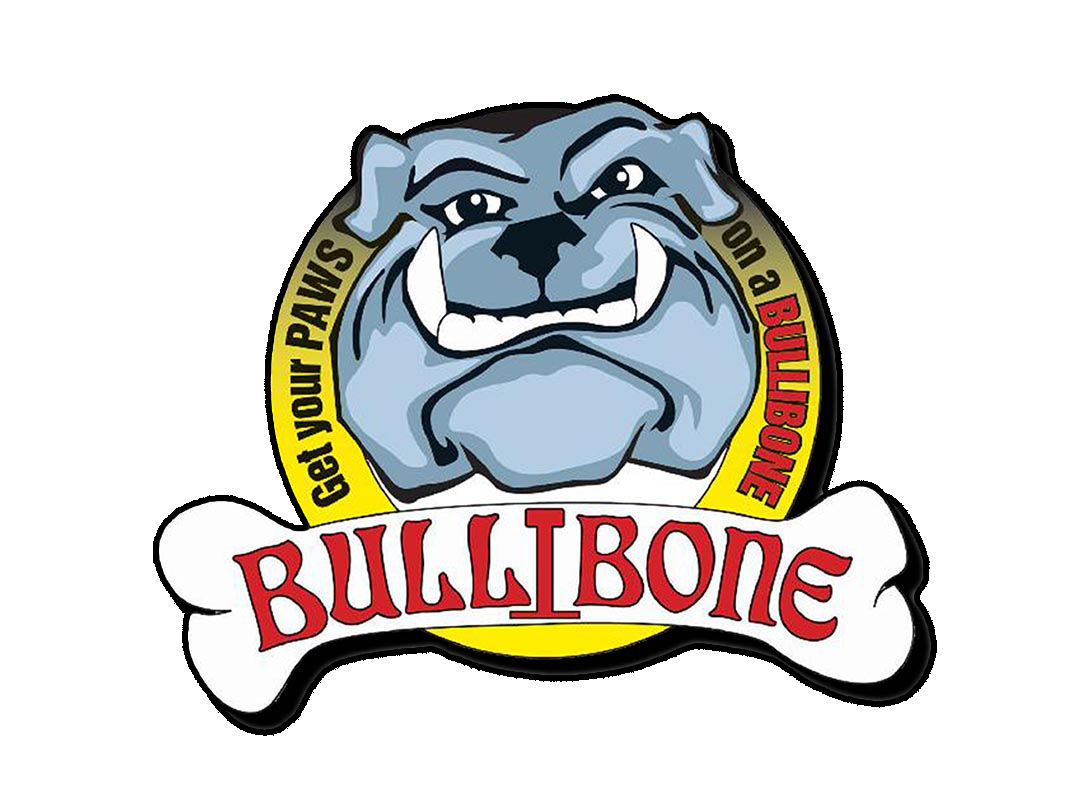Bringing a dog into your home environment is a tremendous responsibility. A new dog owner can often forget that a puppy is a lot of work. Sometimes the puppy is so cute that we forget we have to show them how to behave properly and encourage them towards normal behavior instead of destructive chewing behavior. Sometimes we get so caught up in how cute the little pup is when they exhibit destructive behavior that we do not use that as an opportunity to remove that undesirable behavior and get them to direct that energy towards appropriate items such as an acceptable dog bone toy.

Puppy teething and the irritation it causes is one of the primary reasons for puppy chewing and why they chew everything in sight. They seem to find a way, almost like a perfectly tuned radar, to find your favorite shoes or something you use a lot and chew away on that inappropriate item. It’s not that they have some evil plot to uncover the location of your most valuable objects and turn into a little destructive monster. More often than not, the items you love so much tend to have you smell all over them because you use them a lot. You might have to puppy-proof your favorite stuff until they are old enough to undergo basic dog training or find an appropriate toy for their chewing behavior. Flavored dog toys tend to work better than chewing deterrents because positive reinforcement is always a better dog training mentality than negative reinforcement. But if you want to use a chewing deterrent, you can apply some bitter apple products to an object to prevent the dog from chewing.
But it isn’t only a young dog going through puppy teething who can develop destructive chewing behaviors. An older dog with all of their adult teeth may exhibit inappropriate behavior for a wide variety of reasons. There can be other causes behind inappropriate chewing that may have little to do with a dog’s teeth. It’s important to uncover why dogs chew to find a way to keep both you and your pet happy.
Some of the reasons your adult dog may be chewing up everything around them are:
- Hunger
- Boredom
- Stress
- Fear
- Lack of Mental Stimulation

Hunger- A young dog is usually very active and spends a lot of energy on their growing body. We usually don’t have to worry about putting a young dog on a diet as much as adult dogs. With an adult dog, however, we sometimes want to watch their weight so they don’t suffer other pet health problems. What can happen, though, is a phenomenon most of us who’ve tried to diet will recognize: hunger pangs. Chewing can be the result of your dog searching for something to satisfy his appetite. Helping him through the adjustment to a more healthy diet by providing healthy dog bones that offer him flavor and satisfaction can be the best way to deal with this type of chewing. It’s also good to ensure that the food you’re giving them is of sufficient nutritional value to meet their needs.
Boredom- Like most of us, happy dogs can turn into bored dogs and use destructive chewing as something to do. Chewing is a natural instinct for them, and it’s a satisfying thing as well. It’s an action that strengthens their jaw muscles and helps them clean some of the tartar from their teeth so it makes sense to them to chew. And if they’re not being offered the right mental stimulation, they will settle for what they find, and the result is usually a dog’s destructive chewing, causing chaos in your house. Ensuring that your dog gets needed activity by taking them for walks, giving them dog toys, or letting them have a really long run with other dogs can be the answer to the boredom pushing them to engage in destructive chewing habits.
Stress- Have you ever wondered, “Why is my dog so needy?”. Well, another possible cause for destructive chewing is stress and separation anxiety. We often don’t realize that dogs can become stressed in certain situations, causing them to relieve their anxiety with an activity such as chewing. Separation anxiety is very common and can be quite a nuisance in your house. We must remember that change can affect dogs as much as we can. The addition of a new family member, either a baby or another pet, can create anxiety. A change in the schedule, which results in less activity or more time spent alone, can bring on bouts of stress for your dog. Even a change in location can be a stress factor behind chewing. Just as we need to acclimate to new surroundings or life changes, so do our pets need that time to adjust.
Fear- Fear can also be a factor behind an increase in destructive chewing. Natural noises such as thunder or man-made noises such as firecrackers can bring on the fear of the unknown for your pet. Not seeing you when they become frightened can add to their need to soothe themselves. They resort to a natural instinct, such as chewing, to deal with their fears.
Mental Stimulation- This one speaks for itself. You need to provide something that stimulates your dog’s mind. There are a variety of interactive dog toys that can create stimulation and help to reduce destructive chewing related to lack of stimulation. Try the Spin-a-Bone if you want a mentally stimulating bacon dog bone.
There can be other reasons behind a sudden pattern of destructive chewing. Dental pain or problems could be the reason your older dog is chewing. It’s important to remember to have their teeth checked as they age to prevent the possibility of tooth loss. Chewing can be a signal it’s time for a trip to the vet.
The best way to deal with destructive behaviors of any kind is to be aware and interactive with your dog. Watch their behavior under certain conditions, try and remove them from stressful situations, and ensure they are getting the physical and mental nourishment they need to remain healthy. You’d do the same for any other member of the family.

One reply on “Uncovering the Reasons Behind Destructive Chewing“
Comments are closed.